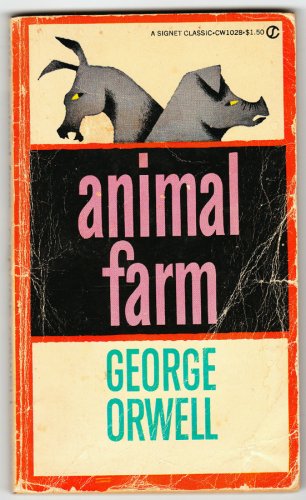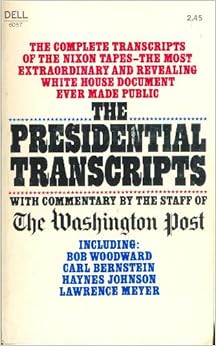Celestine Vaite, Frangipani
So often this isn't true, however. I have often wondered about people who can talk nonstop and tell wonderful stories yet claim they cannot write. Indeed, when they try to write something, the result is often a disaster. Why, I wonder, can't they simply imagine saying what they want to say, then write down the words?
It's just not that simple, for talking and writing are quite different skills. I, for example, have always been a competent writer, but put me in a social gathering, even with people I know, and I won't be able to think of a thing to say to anyone. Small talk can be a very big deal for me. I just can't seem to do it.
As Materena observes, there are differences between talking and writing. Spelling, though important, is hardly the only one. She buys a dictionary to help her with that problem, although inexperienced writers don't recognize certain words are misspelled in the first place, so they won't even know to look them up.
Then there's the matter of which words to capitalize, how to punctuate sentences and the correct use of grammar. You can get away with things in speech, including even incomplete sentences, that can be glaring in written form. Mistakes in speech are quickly forgotten, but mistakes in writing, especially factual errors, can potentially last forever.
Speaking and writing also seem to require different kinds of minds. Good speakers think quickly. They always seem to know where they are going next. Writing, at least for most of us, takes time. Fast thinkers need to be able to slow down and put their words down one at a time, instead of letting them pour out as they think them. Those of us who are slow thinkers to begin with may have a bit of an advantage when it comes to writing, while fast thinkers may get easily confused and frustrated when their hands on a keyboard can't keep up with their minds.
Yet for all the differences between talking and writing, I still think Materena Mahi is right. If you can do one, you should be able to do the other. It may just require a little effort, and perhaps a good dictionary.







